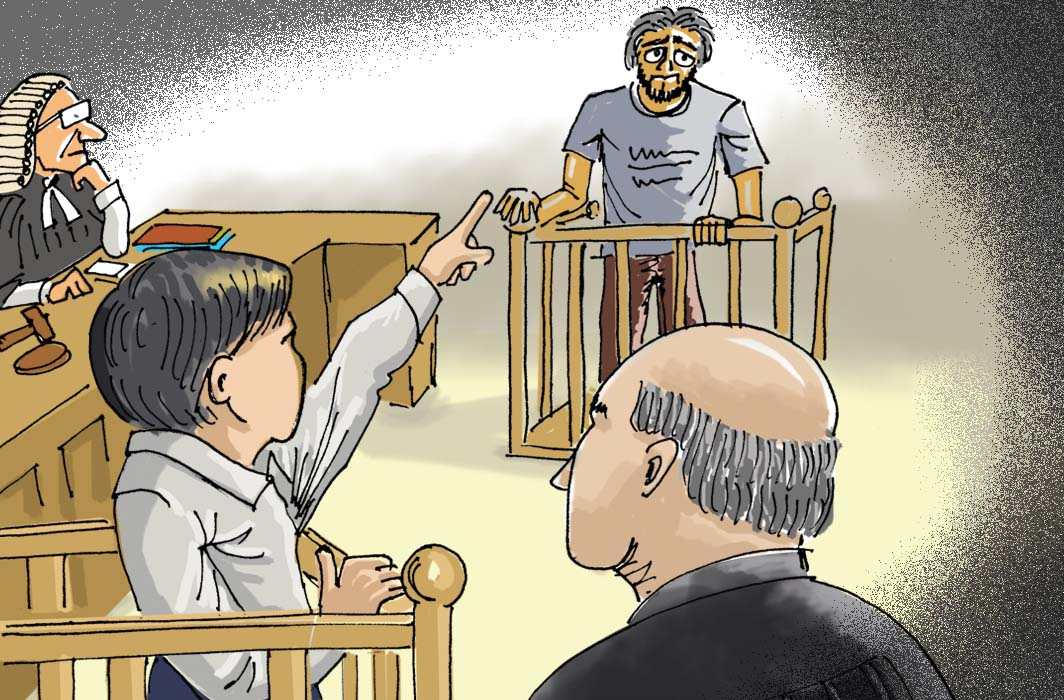Latest News
Supreme Court acquits accused on death row, deems child witness testimony unreliable

The Supreme court of India in the case of Hari Om v. The State of Uttar Pradesh acquitted the accused that was convicted under section 396 of the Indian Penal Code, the convict was sentenced to death by the trial court and the same sentence was upheld in the High Court of Allahabad.
The case at hand involved six perpetrators that were held liable under section 3(2)(v) of the SC/ST (Prevention of atrocities) Act and sections 396 and 412 of the Indian Penal Code, wherein they were charged for the murder of three children and their mother, the six accused in the case were convicted by the trial court and the death penalty was awarded to Hari Om. The judgment of the trial court was upheld in the high court of Allahabad on subsequent appeal of the same and the matter reached the supreme court.
The Learned Counsel appearing on behalf of Hari Om held that existed glaring discrepancies in the testimony of the 5 year old son, who was the only survivor and one of the key witnesses in the case. The supreme court pointed to some discrepancies in the record and claimed that it was impossible to rely on the testimony of the child that was the son of the victim, it further noted that the child's version of the narrative cannot form t basis of the conviction of the accused who was sentenced to death.
The court placed emphasis on the case of Rafhey Shyam v. The State of Rajastan, in which the testimony of a child witness was not found to encourage trust because of the discrepancies in the witness's account, it further held that in the current circumstance the testimony of the child witness is unreliable. The Bench comprising of Justice Indu Malhotra, U U Lalit and Krishna Murari noted that was a lack of material on record to uphold the conviction and acquitted the accused.
Document:



































































































